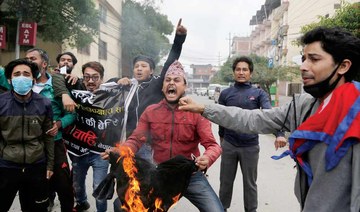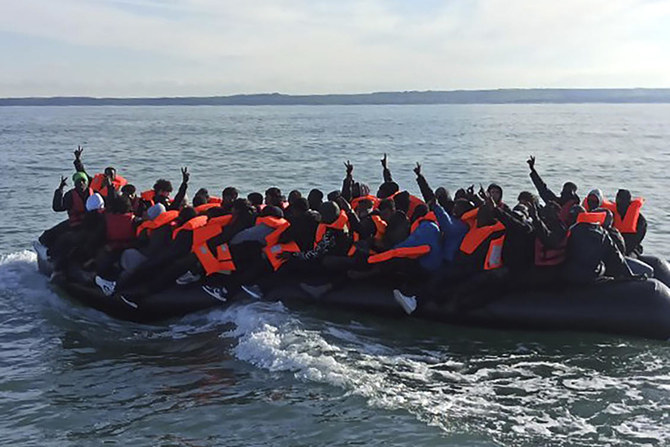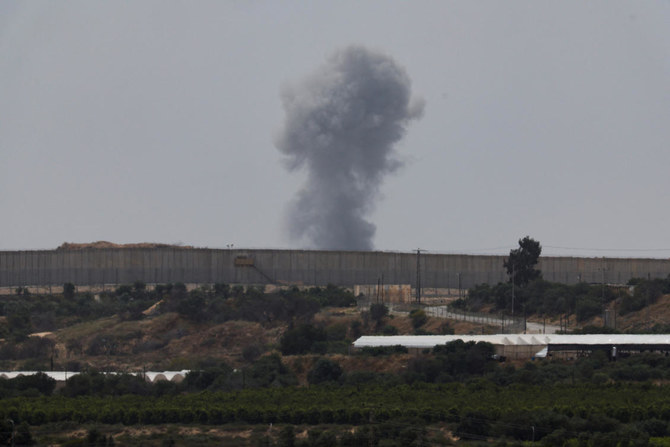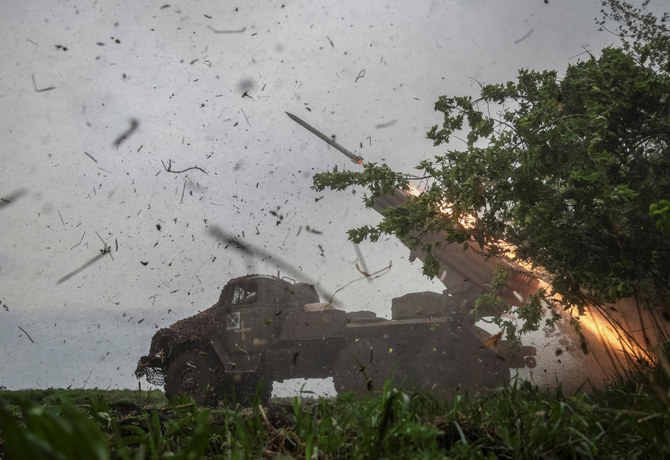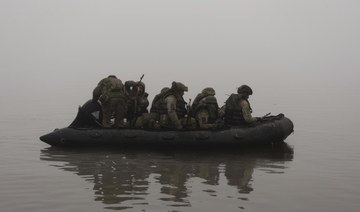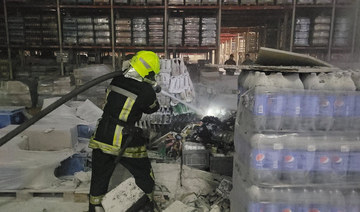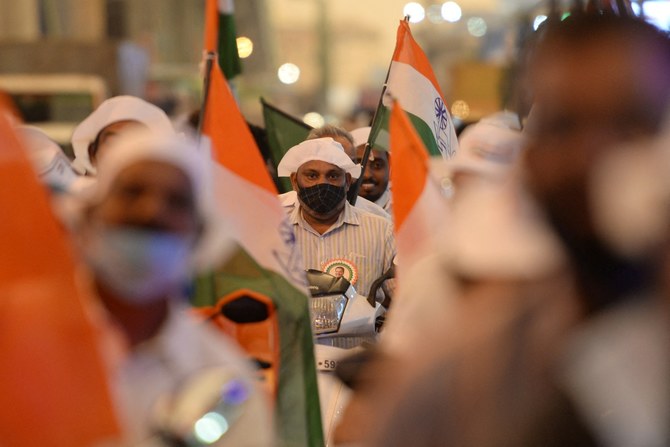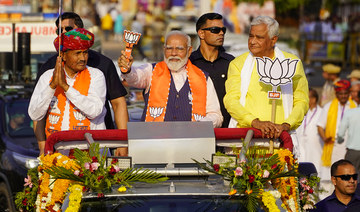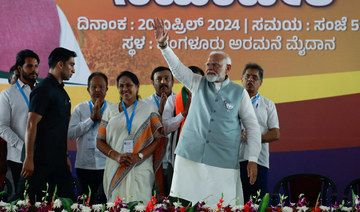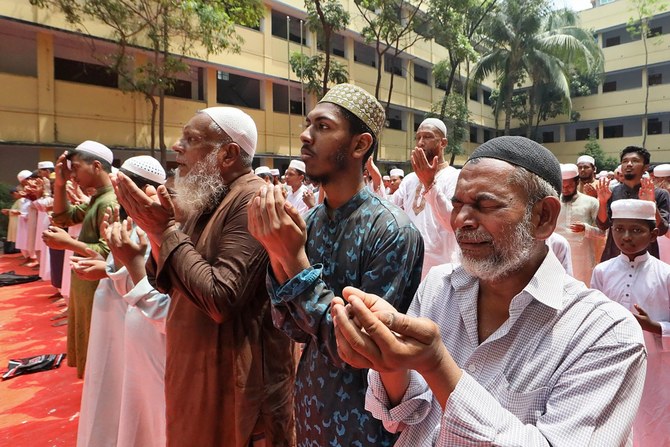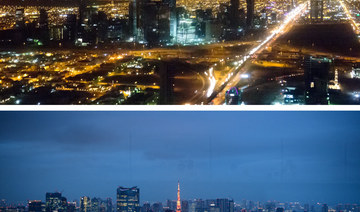NEW DELHI: India has reacted strongly to Nepal’s decision to redraw the border between the two countries and issue a new map that includes disputed territories within its boundary.
India’s Foreign Ministry said late on Saturday that the plan was “not tenable.”
“This artificial enlargement of claims is not based on historical fact or evidence and (is) violative of our current understanding to hold talks on outstanding boundary issues,” a statement from the ministry said.
It is the latest volley in the diplomatic row between the two countries, which began in November last year after New Delhi issued a new political map claiming the disputed territory of Kalapani.
This led to protests in Nepal, with Katmandu demanding a bilateral meeting between the two nations.
However, India did not try to assuage the Himalayan state’s concerns.
The crisis between the two neighbors — who share more than 1,800 km of border territory — reached a flashpoint on May 8 when New Delhi announced the inauguration of a Himalayan road link that passes through the disputed area of Kalapani.
Nepalese Prime Minister Khadga Prasad Sharma Oli’s Cabinet then issued a new political map of the country showing Kalapani, Lipulekh and Limpiyadhura within its borders.
India objected to the move, saying the new Nepal map “included parts of the Indian territory.”
On Saturday, the simmering border dispute took a dramatic turn when the lower house of Nepal’s parliament passed a bill claiming sovereign rights over the disputed territories of Lipulekh, Kalapani and Limpiyadhura in the Himalayan region.
The bill goes to the upper house of the parliament on Sunday and could become law, after the approval of the president, if it is passed there.
Political analysts call the development a “failure of diplomacy” and the “result of a growing trust deficit” between the two.
“Tension between India and Nepal is not a good commentary on India’s foreign policy,” Professor Sukh Deo Muni of the New Delhi-based Institute of Defense Studies and Analysis told Arab News on Sunday.
He added that “in any bilateral relationship, 100 percent responsibility cannot lie with only one partner.”
“Yes, India has erred and offended Nepal’s sensitivities on many occasions, but all this is not India’s responsibility. Nepal also has a role to play in this escalation,” Muni said, before questioning the timing of Nepal’s claims on the disputed territories.
“Nepal has been silent on India’s position on these disputed areas for 150 years. Its map submitted in the UN does not show these territories as belonging to them. Even the constitution of 2015 does not show these territories as Nepalese territories. The problem is due to the trust deficit and lack of understanding of the change that has happened in both the countries over the years,” he said.
He reasons it is due to a more informed and nationalism-conscious youth in Nepal.
“Today, Nepal is a democracy, and its overwhelming youth population is more conscious of its identity and nationalism. Indian policymakers have not been able to recognize the change that has taken place in Nepal over the years. Nepal has also failed to understand new India,” he said before adding the role of China to the equation.
“China is a factor, and Beijing’s support has emboldened Nepal in going belligerent,” he said, finding fault in Indian Prime Minister Narendra Modi’s much-touted “neighborhood first policy.”
“There is a gap between policy intent and implementation. Be it Pakistan, Nepal, Sri Lanka or Bangladesh, India has problems,” Muni said.
Professor Mallika Shakya, an academic from Nepal who is teaching at the New Delhi-based South Asia University, believes that the current belligerence of Nepal has its “roots in an incremental chain of events and India’s past mistakes.”
“India’s blockade of the Nepali border in 2015 immediately after the devastating earthquake in the region and New Delhi’s lack of support for the new constitution in 2015 when the whole country was rejoicing did not go down well with the people of Nepal,” Shakya told Arab News.
She blamed the Indian media for “contributing to this grave diplomatic failure and the breakdown of trust,” discarding the popular narrative in India that Katmandu was acting at the behest of China.
“Such narrative is problematic at many levels because it disacknowledges Nepal’s sovereignty and belittles it as a colonial master would do; it is unfortunate that liberal media has been as much a culprit of keeping this pseudo-narrative alive as pro-state media. This does not help anyone, and there is no truth behind it,” the Nepalese academic said.
She said that the only way out of the current impasse was “the engagement between the civil societies of both the countries.”
“The civil society must come forward to work toward rebuilding bridges and taking control of the broader narrative before things further descend to chaos,” Shakya said.




